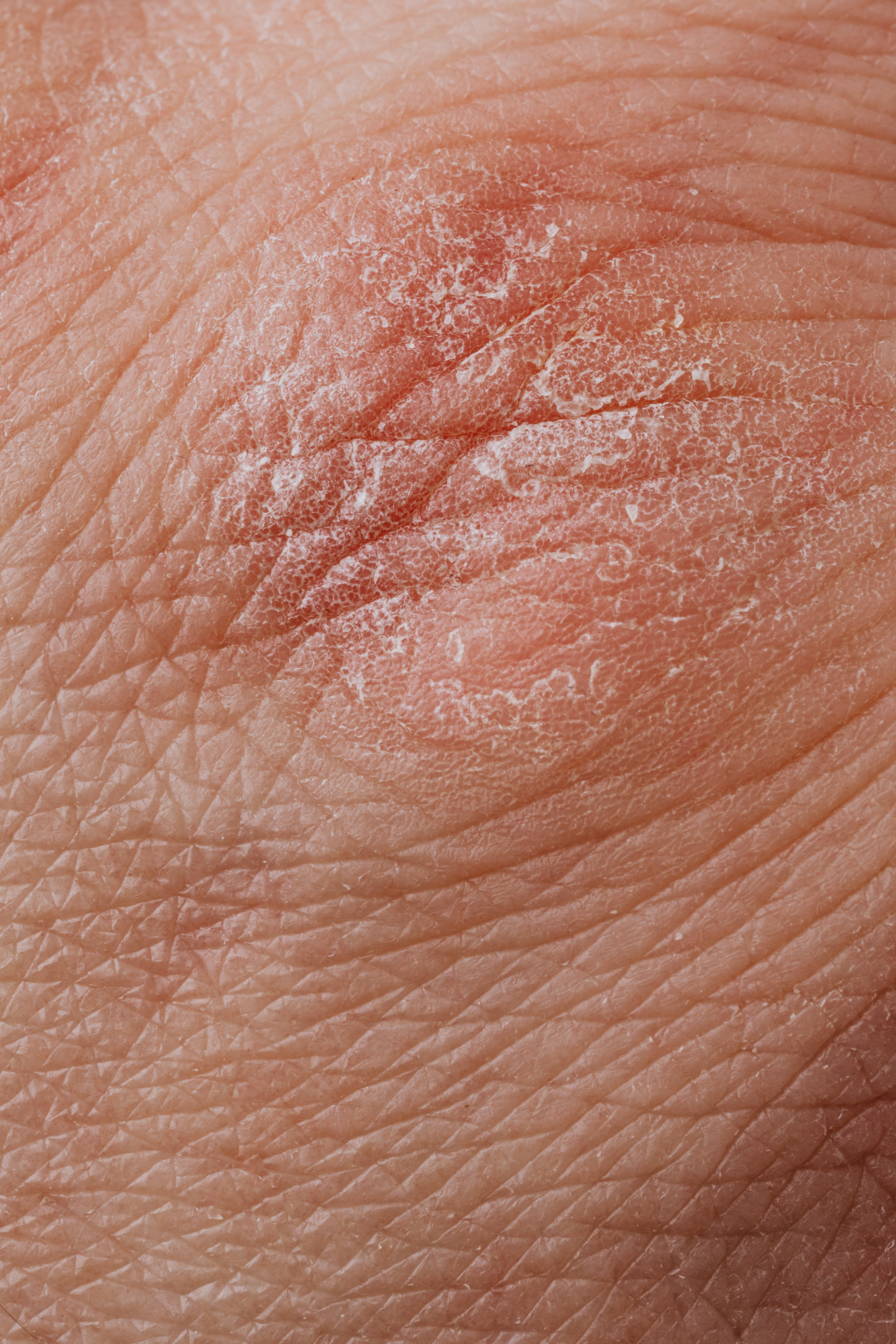Some skin conditions can not only cause a great deal of pain and discomfort, but can also render a person incapable of performing on the job. In fact, there are many skin conditions which, if severe enough, can cause a person to be considered totally disabled. Often, those who suffer with these conditions qualify for Social Security Disability programs such as SSDI and SSI.
Skin is our bodies’ largest organ. Some skin conditions are quite serious. If you have a skin condition which you believe may qualify you for Social Security Disability benefits, the first thing you should do is contact a disability advocate or a Social Security lawyer, as they can help organize your case to best show the Social Security Administration that your condition is disabling.
Qualifying for Disability Benefits
There are a number of things the Social Security Administration considers regarding skin conditions. The first thing they will want to know is the extent of the problem. How many skin lesions do you have? How much of your body do they cover? Where are they Skin conditions which make it difficult for you to move, or use fine motor skills, are more likely to be considered severe enough to be completely disabling.
The SSA will also want to know how often you have had outbreaks or flare-ups. Is the condition constant or does it come and go? If it isn’t constant, how often does it present a problem? Generally speaking to qualify you for Social Security Disability, your outbreaks need to be fairly frequent. There are no set frequencies or variations between skin disorders. The flare ups also need to be severe enough to hinder you from performing meaningful labor, and you need to show that the skin disorder has been affecting your daily activities for a year or more. In some cases, a doctor’s prognosis that the condition will affect you for more than a year suffices.
To qualify for disability for a skin disorder, you must be under the care of a doctor and must follow your doctor’s orders regarding medications and treatments. This is often one of the most difficult requirements for Social Security Disability claimants to fulfill, especially if they lack health insurance or other means to pay for dermatological treatments.
What Skin Disorders Qualify for Social Security Disability?
While there are many skin conditions which can qualify you for Social Security Disability, the most common skin disorders amongst disability claimants include:
- Severe burns
- Severe dermatitis
- Bullous disease
- Hidradenitis suppurativa
- Mucous membrane infections
- Chronic skin infections
- Photosensitivity disorders
- Ichthyosis
As with most Social Security Disability claims, getting your skin disorder disability claim approved can be a long, uphill climb. The sooner you enlist your doctor and a Social Security Disability advocate, the better your chances of eventually receiving an acceptance letter and collecting disability payments. A Social Security lawyer, in particular, can help make the process considerably easier and more effective.
Medical-Vocational Allowance
If your diagnosis does not meet or match the Blue Book listing, you can also be eligible for disability benefits with a medical vocational allowance if you can prove that your impairment leaves you unable to do any full-time work.
To show the seriousness of your disability you can supply the SSA with test results (e.g. biopsy results) that support your condition. You may also provide medical evidence about the onset and length of your illness, the prognosis, and the intensity and seriousness of any flare-ups.
If your skin has lesions, you can provide proof of their location, scale, number, and presence. Know that Social Security wants you to attend daily visits with the doctor and to obey any medical medication. If your skin infection continues simply because you do not take recommended antibiotics, you will not be deemed disabled.
In addition to medical evidence, it is also necessary to include evidence of your physical disabilities or how your disability affects you on a daily basis. If your doctor is able to complete an RFC questionnaire that outlines all of your disabilities, there is a much better likelihood that Social Security will approve your disability application. A licensed disabilities lawyer will consult with the treating doctor to present the most compelling argument possible.


